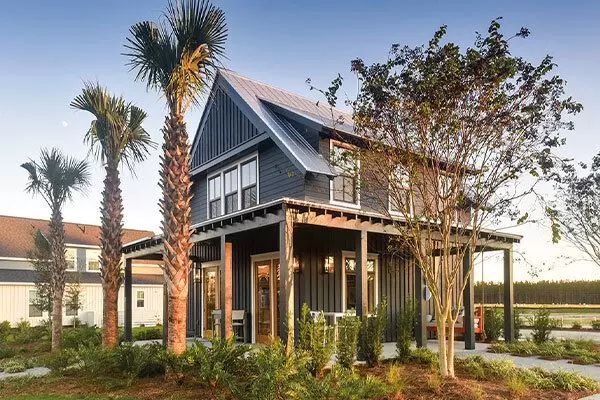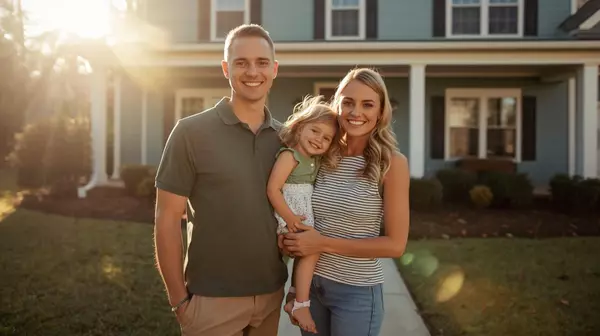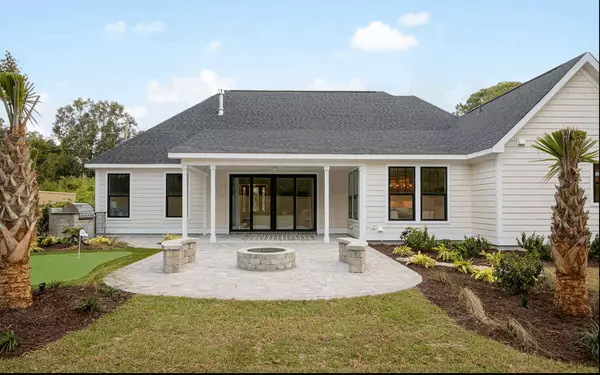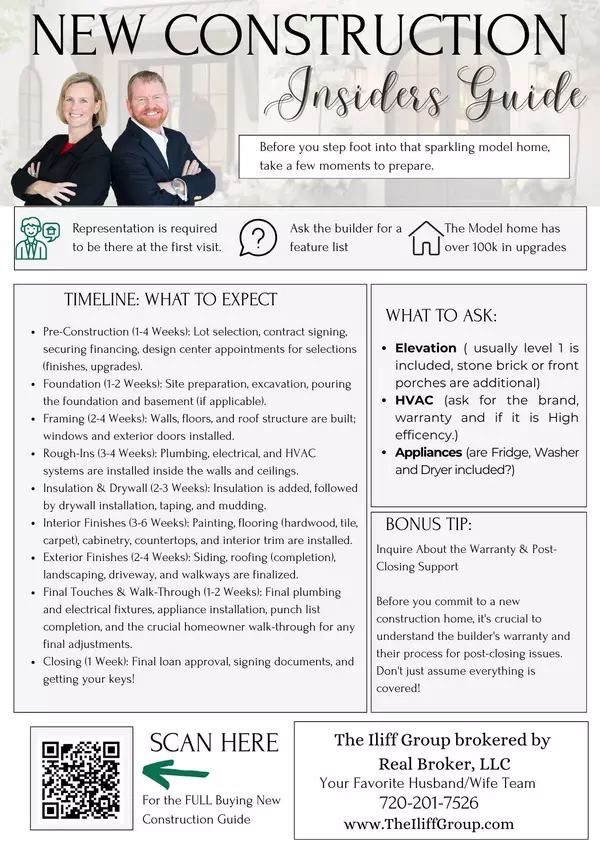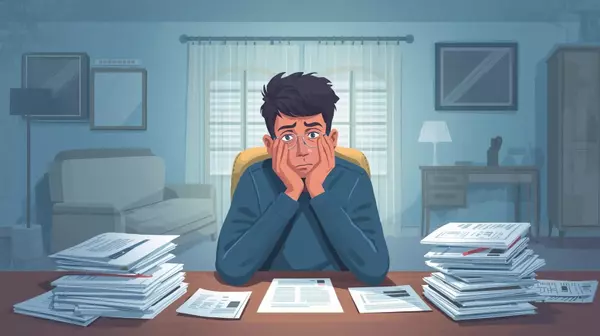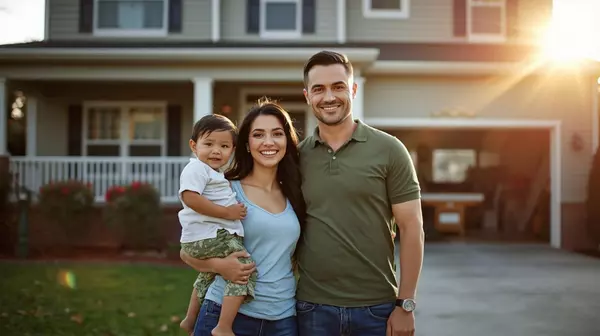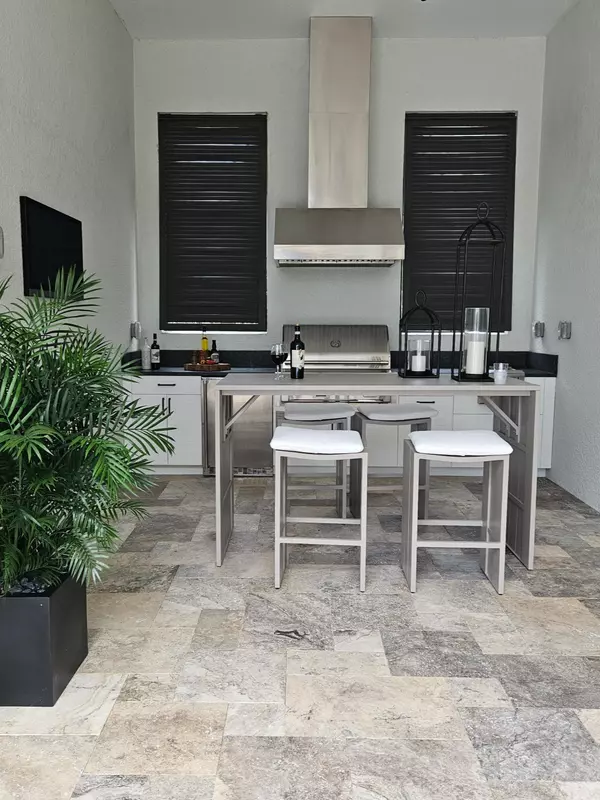10 Surprising Things People Wish They Knew Before Moving to Summerville SC
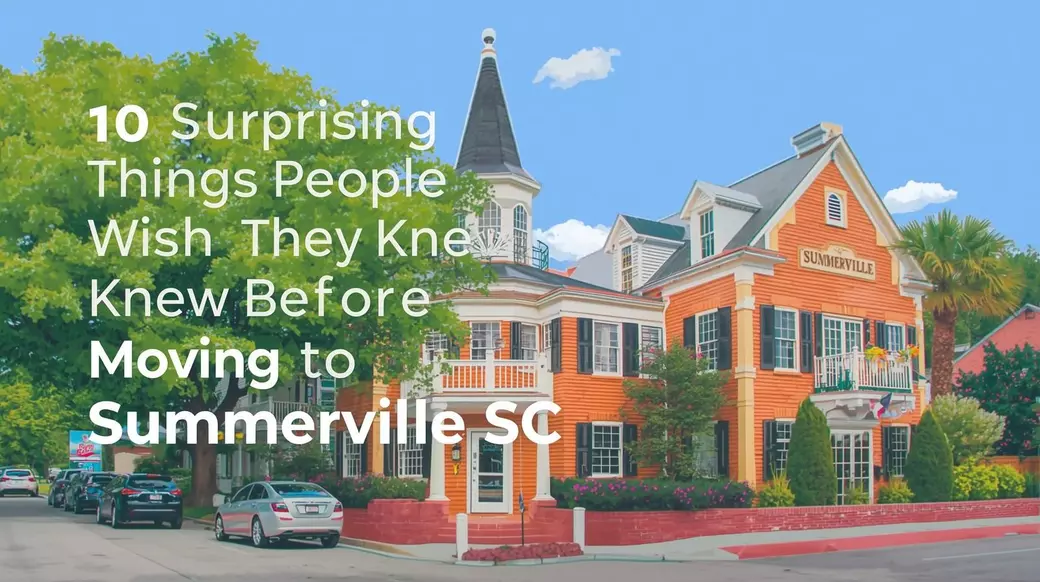
10 Surprising Things People Wish They Knew Before Moving to Summerville, SC
Unveiling the Lowcountry Reality: Beyond the Charm of Flowertown
Summerville, South Carolina, known affectionately as "Flowertown in the Pines," has earned its reputation as one of the Charleston metro area's most desirable places to live. With its top-rated schools, historic downtown, and an explosion of modern amenities, it’s easy to see why so many people are relocating here.
However, moving to a new region, especially one with a unique climate and culture like the Lowcountry, always comes with a few surprises. As your husband-wife real estate team, we've helped countless families make the transition, and we’ve compiled the definitive list of things that consistently shock, and sometimes frustrate, newcomers. We’re sharing this insider knowledge not to deter you, but to ensure you move forward with your home purchase fully prepared. Navigating the Summerville market successfully means understanding the lifestyle, the expenses, and the local quirks long before you unpack your first box.
The Financial & Tax Surprises: Hidden Costs of Southern Living
Many people assume a general cost of living index tells the whole story, but the truth is, specific local taxes and fees can significantly impact your monthly budget. These financial curveballs are the first things new residents wish they had budgeted for.
1. The Car Property Tax Sticker Shock
This is, hands down, the biggest financial surprise for nearly every new resident from out of state.
South Carolina's Annual Vehicle Tax
In South Carolina, you must pay an annual property tax on your vehicle to register it and receive your license plate decal. This is not a registration fee; it is a tax assessed on the value of your vehicle.
For most new residents, especially those with newer or high-value cars, this unexpected expense, which can range from a few hundred to over a thousand dollars, comes as a significant shock. When we work with you to plan your move and budget for your new home, we emphasize factoring in this recurring annual cost, which is entirely separate from your home's property taxes. This tax is a major difference from states where registration is just a nominal fee, often surprising buyers who thought they had a firm grip on their transition budget.
2. Higher-Than-Expected Utility Bills
While the overall cost of living in Summerville is generally lower than the national average, one specific category often bucks this trend: utilities.
The Cost of Combating Lowcountry Humidity
The hot, humid Lowcountry summers mean your air conditioning unit works overtime, often from May through October, driving up monthly electricity usage. The average residential electric bill in Summerville hovers around $244 per month, higher than the South Carolina state average. We often advise our buyers to look for homes with energy-efficient features, modern HVAC systems, or even to consider solar power options to offset this inevitable expense. Newer construction in communities like Nexton or Cane Bay is often better insulated, but the demand for cool, dry air remains a constant budget factor.
3. The HOA/CDD Fee Complexity
Master-planned communities are the engine of Summerville’s growth, and their incredible amenities are a huge draw, but they come at a cost that’s more intricate than a standard HOA fee.
Decoding Community Development District (CDD) Fees
Many of Summerville’s most desirable communities (e.g., Nexton, Cane Bay Plantation) have CDD fees in addition to the standard HOA fees. The CDD fee often pays for the construction and maintenance of the community's major infrastructure, like the pools, clubhouses, lakes, and roads. While these fees fund the lifestyle buyers love, they are typically included in the tax bill and are often a non-negotiable annual assessment. We make sure our clients fully understand how these two fees combine to affect their monthly mortgage payment and long-term financial commitment.
The Lifestyle & Cultural Adjustments: Embracing the Pace
Summerville offers a distinct Southern lifestyle, rich with history and community. However, some aspects of daily life and the local environment require a significant adjustment for those coming from other parts of the country.
4. The Unrelenting Traffic Congestion
The beautiful growth of Summerville has come with an unavoidable consequence: significant traffic congestion.
The Commute Shock to Charleston
While Summerville offers a more affordable entry point to the Charleston metro area, the daily commute, particularly to North Charleston, Joint Base Charleston, or Downtown Charleston, can be a major stressor. I-26 is the primary artery, and bottlenecks at key interchanges are common during peak hours (7:00 AM – 9:00 AM and 4:00 PM – 6:30 PM). A 25-mile drive can easily take an hour or more. We encourage buyers who commute to prioritize homes with flexible work options or to consider properties closer to major employers like Volvo in Ridgeville, where traffic can be lighter.
5. The All-Consuming Humidity (and the Long Summer)
Newcomers expect the heat, but they are rarely prepared for the intensity of the Lowcountry humidity and how long the summer season lasts.
It's Not the Heat; It's the Relative Humidity
Summerville’s summer stretches well into October and often begins in April. The combination of high temperatures and extreme humidity, often making the "feels like" temperature significantly higher than the actual reading, is exhausting. This humidity dictates everything from your utility bill (see #2) to the type of clothes you wear and how you maintain your home (see #6). We find that buyers from dryer climates struggle the most with this persistent tropical air and the related need to use dehumidifiers.
6. The Lowcountry Critters: Palmetto Bugs and Alligators
The natural beauty of the Lowcountry comes with an ecosystem that includes some less-than-charming residents.
Preparing for Bugs and Wildlife
The term "Palmetto Bug" is a polite local name for a very large, flying cockroach. They are a fact of life, and newcomers are invariably shocked by their size and prevalence, even in clean homes. Furthermore, living near the abundant ponds, lakes, and marshes in communities like Cane Bay or The Ponds means you will encounter alligators. They are generally harmless if left alone, but we stress the importance of never feeding them and keeping pets and small children away from the water's edge—it’s a major lifestyle adjustment not experienced in typical suburban environments.
7. The Unexpected Lack of Public Transit
For those moving from major metropolitan areas, the near total reliance on personal vehicles is a significant lifestyle shift.
The Car is King in Summerville
Summerville is not designed around mass transit. Aside from limited express bus service, you will need a car for almost every activity, errand, and commute. Even in walkable communities like Nexton, the town centers are still only a fraction of the amenities you need daily. We advise our clients to consider the number of cars they will need and the cost of the associated car property taxes (#1) when budgeting for their move. The infrastructure prioritizes roads and personal transport, not buses or subways.
Home & Housing Surprises: Lowcountry Architecture and Construction
The unique climate and geology of the Lowcountry mandate specific building practices and architectural features that are often unfamiliar to out-of-state buyers.
8. The Necessity of the "Lowcountry Lift" and Flood Insurance
Summerville is part of the Lowcountry for a reason: the land is low, and water management is paramount.
Understanding the Flood Zone and Elevated Homes
While Summerville is inland from the coast, much of the area still sits at a low elevation, making some areas and properties susceptible to flooding. This leads to the Lowcountry style of elevated homes, built on pilings or raised foundations. Buyers are often surprised by the need for flood insurance, even if the property is not in a high-risk zone. We always review the flood maps and insurance requirements with our clients, as this is a non-negotiable insurance cost tied directly to the home's location and elevation.
9. The Quick Aging of Exterior Materials
The same humidity and relentless sun that define the climate also take a toll on home exteriors at a faster rate than in other parts of the country.
High Humidity and Sun Exposure Equals Accelerated Wear
We often hear from clients that they are surprised by how quickly the exterior of their home needs maintenance. Wood decks require frequent staining, siding is prone to mildew and mold, and roof shingles degrade faster under the intense UV exposure. Home maintenance here is not seasonal; it’s year-round. We guide our buyers to look for homes with low-maintenance, resilient materials like cement plank siding (e.g., HardiePlank) which hold up much better against the elements.
The Social & Community Surprises: Southern Hospitality in Practice
Finally, while the reputation for Southern hospitality is well-deserved, the social fabric of Summerville has its own surprising nuances.
10. The Genuine, Deep-Seated Community Involvement
Summerville truly lives up to its small-town feel despite its massive population growth. This level of community engagement often surprises those from larger, more anonymous cities.
It's More Than Just the Flowertown Festival
Newcomers are often delighted by the sheer number of local events (like Third Thursday in downtown), farmers' markets, and neighborhood gatherings. In master-planned communities, the HOA is not just for collecting dues—it’s an active social calendar full of pool parties, holiday parades, and organized clubs. This strong sense of community and the desire to be involved is what gives Summerville its unique character. Be prepared for your neighbors to know your name and truly care about local issues; it's a refreshing change for most people.
Next Steps for Your Summerville Relocation
We know that purchasing a home here is not just a transaction; it's a decision to adopt a new way of life. By understanding these ten surprising realities—from the annual car tax to the daily traffic and the humid climate—you are now better prepared than 90% of buyers relocating to the Lowcountry. Our goal is to make your move as seamless and surprise-free as possible.
Get the Local Edge
Ready to turn this insider knowledge into a successful home search? Don't let the Summerville market catch you off guard. Whether you're buying or selling, we offer the hyper-local expertise needed to navigate the nuances of the Lowcountry market, from Nexton to the Historic District.
Contact us today for a personalized consultation. We'll help you structure a budget that accounts for the car tax and utility costs, and craft an offer that wins in this competitive market!
Gain more valuable insights from our Summerville expertise:
Top 5 Frequently Asked Questions for Buying or Selling in Summerville, SC
Here are the top five questions we routinely encounter regarding the most surprising and competitive aspects of the Summerville real estate market.
Q1: How do we properly budget for the annual South Carolina vehicle property tax?
A: The tax amount is based on your vehicle's current assessed market value and its millage rate in your county, so we advise estimating about 4-5% of your car's value. We recommend calling the Dorchester or Berkeley County Auditor’s office with your Vehicle Identification Number (VIN) for an exact, official projection. This figure should then be factored into your total housing expenses to prevent an annual budget shock. We will help you connect with the right county resources early in the process.
Q2: Does the high summer humidity affect a home's foundation or structural integrity?
A: Yes, high humidity and the expansive clay soil ("pluff mud") in the Lowcountry can absolutely impact a home's structure over time. The key issues are moisture intrusion leading to mold/mildew in crawl spaces and foundation movement due to seasonal soil changes. We emphasize thorough inspections that include moisture readings and recommend homes with proper vapor barriers and dehumidification systems installed in the crawl space. Buyers should prioritize homes with quality, low-maintenance exterior materials to mitigate moisture-related wear.
Q3: Is the traffic as bad as everyone says, and can we avoid it if we don't commute to Charleston?
A: Yes, the traffic within Summerville itself, particularly on main arteries like Old Trolley Road and Highway 17-A, is very heavy during peak hours due to the sheer volume of growth. While you can avoid the I-26 bottleneck, you will still experience significant delays moving between different areas of Summerville. We advise flexible scheduling for errands and using neighborhood trails or back roads when possible to navigate local congestion more effectively. We can help you strategically choose a home near your key destinations.
Q4: How important are energy-efficient features (like windows or insulation) in Summerville homes?
A: Energy efficiency is critically important here because of the extremely long, hot, and expensive air conditioning season. Upgraded insulation, a modern, properly-sized HVAC system, and energy-efficient windows can save hundreds of dollars a month on those higher utility bills. For sellers, these features are excellent marketing points that attract educated buyers willing to pay a premium. We specifically search for and market these upgrades to maximize savings and appeal.
Q5: As a seller, how should we price our home to account for the unique HOA/CDD fee structure in master-planned communities?
A: We need to use a precision pricing strategy that compares your home directly against others within your specific community section, while also providing a clear, itemized breakdown of all fees. The price must reflect the value of the amenities and lifestyle those fees purchase, but the total monthly cost should still be competitive with other housing options. We use the full picture of taxes, fees, and neighborhood amenities to justify the list price to potential buyers.
Categories
- All Blogs (83)
- Cost of Living in Summerville SC (21)
- Cost of Selling or Buying a Home (23)
- Downtown Summerville SC (6)
- Freebie (2)
- Golf in Summerville SC (2)
- Guides (15)
- Job Opportunities in Summerville SC (1)
- Lifestyle and Culture (22)
- Market Trends (3)
- Nearby Areas & Comparison Guides (15)
- Neighborhoods in Summerville SC (21)
- PCSing to Charleston - Military Guidance (12)
- PCSing to Charleston SC (22)
- Property Taxes in Summerville SC (6)
- Relocation Questions & Miscellaneous Topics (39)
- Retire in Summerville SC (5)
- Schools in Summerville SC (13)
- Things to do in Summerville SC (6)
Recent Posts

